Not Everything Needs to Be 'Smart' in Rainwater Management
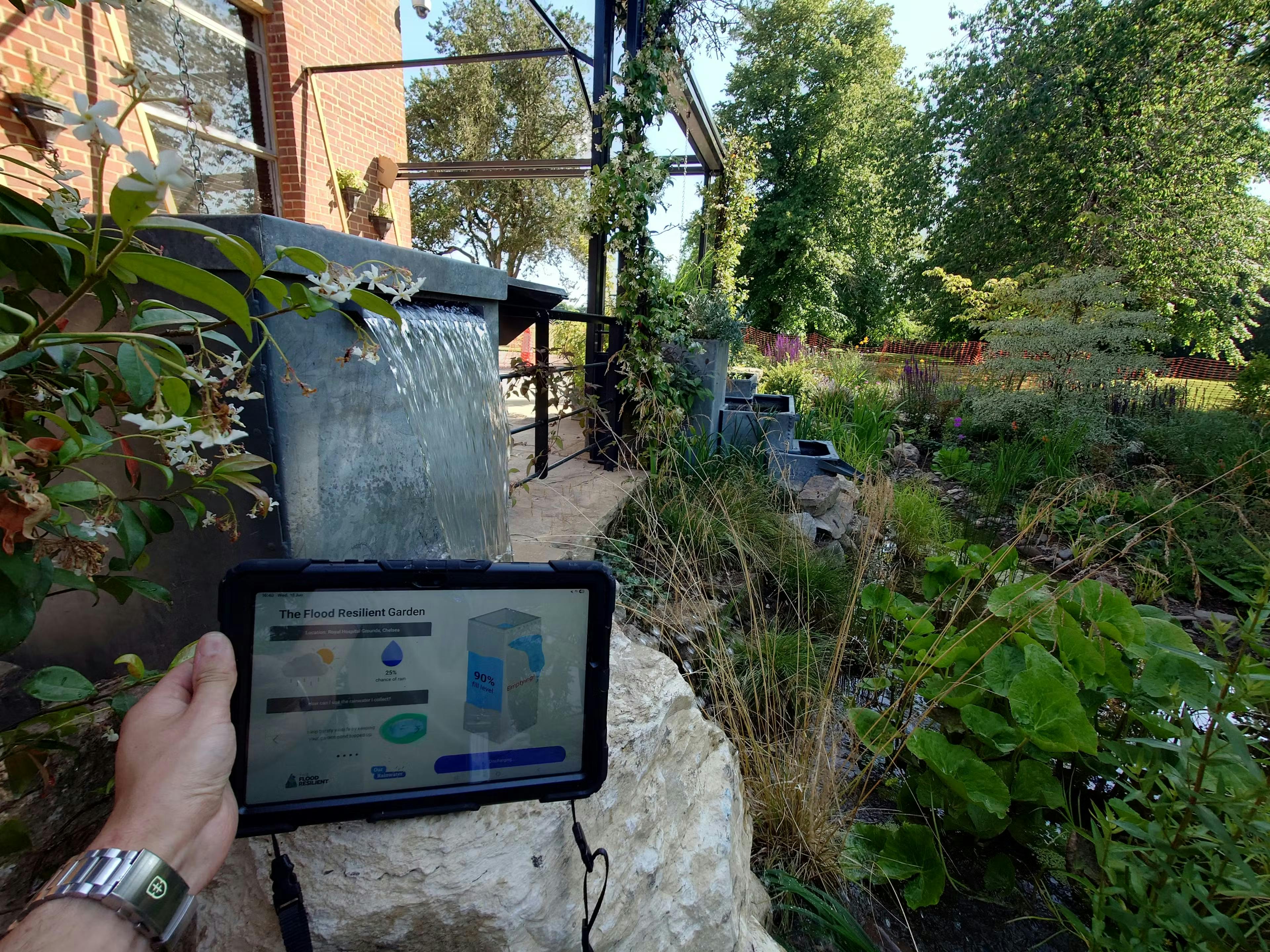
In recent years, there has been a growing trend towards 'smart' interventions in rainwater management. Whilst these innovative solutions can offer significant benefits in certain scenarios (and they are really cool), it's crucial to remember that they aren't always the best fit for every situation.
Understanding the Spectrum: Standard, Monitored, and Smart Systems
Before delving into the pros and cons of each approach, let's clarify the differences between standard, monitored, and smart rainwater management systems.
Standard Systems
These are traditional rainwater management solutions that operate without any digital enhancements. They include features such as water butts, leaky water butts, planters, permeable pavements, and bioswales.
Monitored Systems
These systems incorporate sensors to provide insights into water levels, flow rates, and system performance. They offer valuable data, usually at a low bandwidth without actively controlling the system.
Smart Systems
These are the most technologically advanced solutions, featuring not only monitoring capabilities but also automated control mechanisms. They can release stored water to provide capacity based on real time data and weather forecasts.
The Case for Monitoring: Balancing Insight and Cost Effectiveness
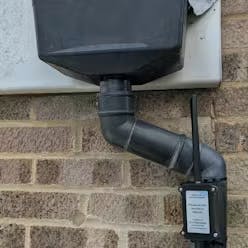
Whilst smart systems may seem appealing, monitored systems often provide an excellent middle ground, offering valuable insights without the complexity and cost associated with fully automated solutions.
Benefits of Monitored Systems
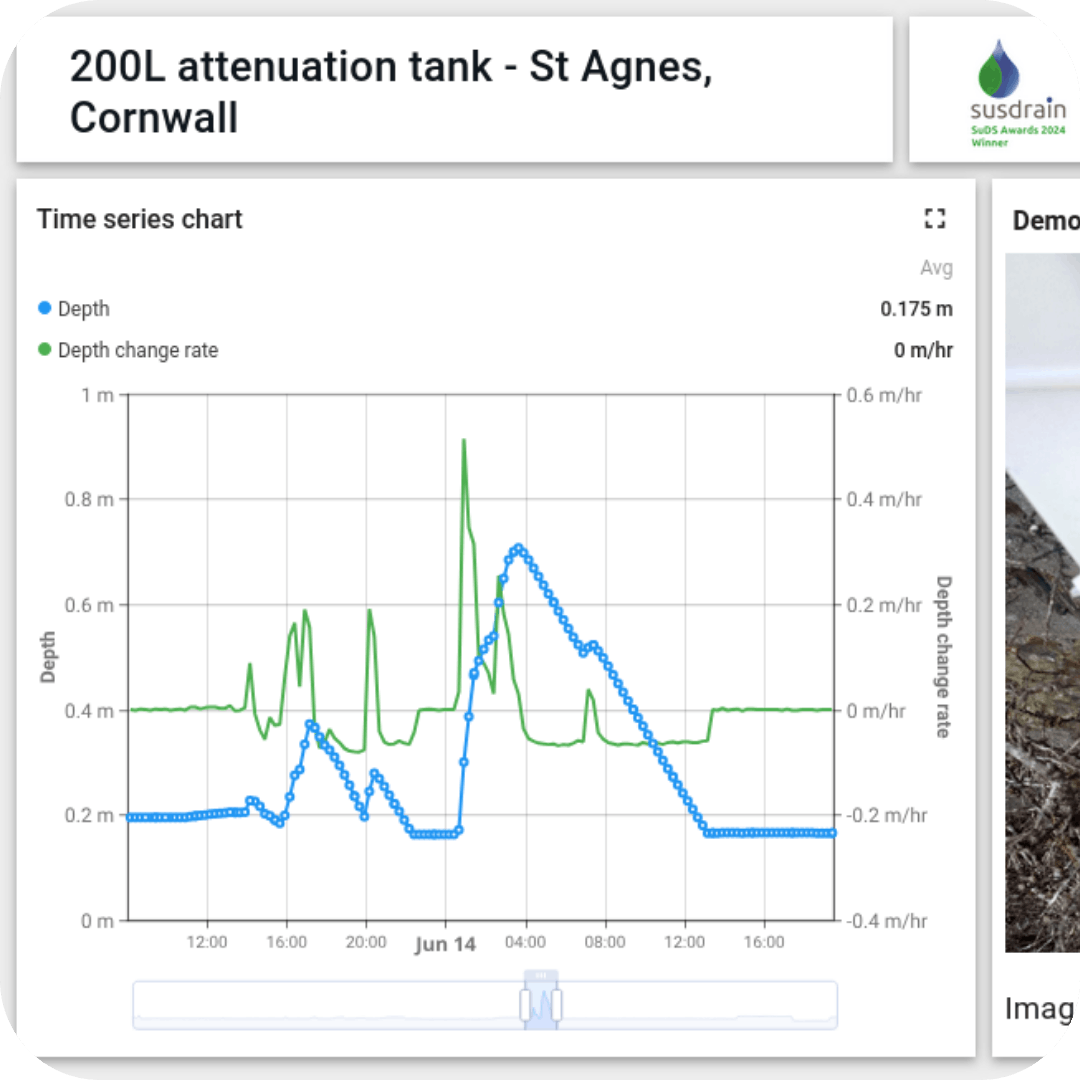
Data Driven Insights: Monitored systems provide crucial data on water levels, real-world impact of interventions on run off from rainfall, and system performance. This information enables water companies to make informed decisions about the success of different interventions.
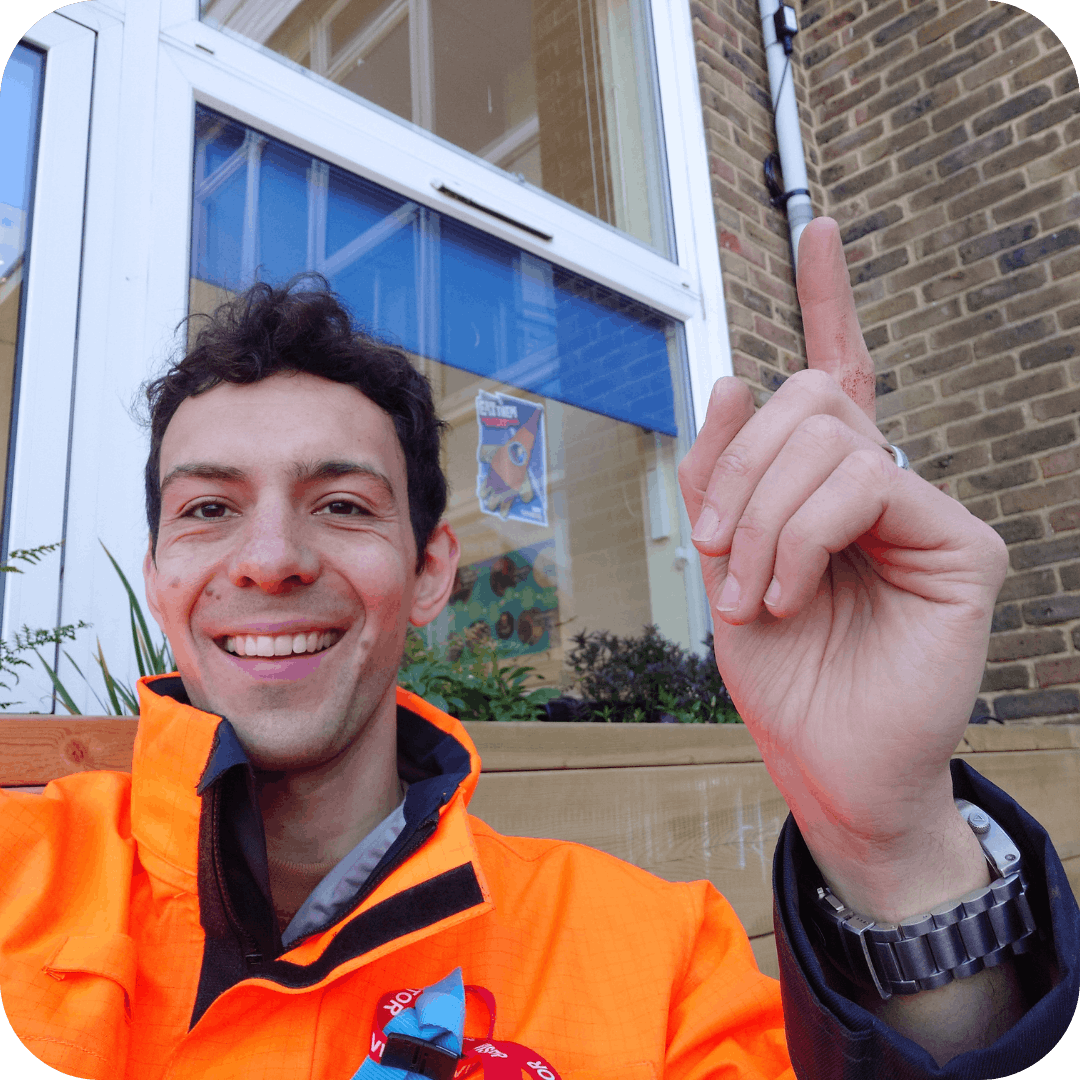
Retrofitting: They can be easily retrofitted to simple rainwater capture installations for a low-cost, low-hassle solution.
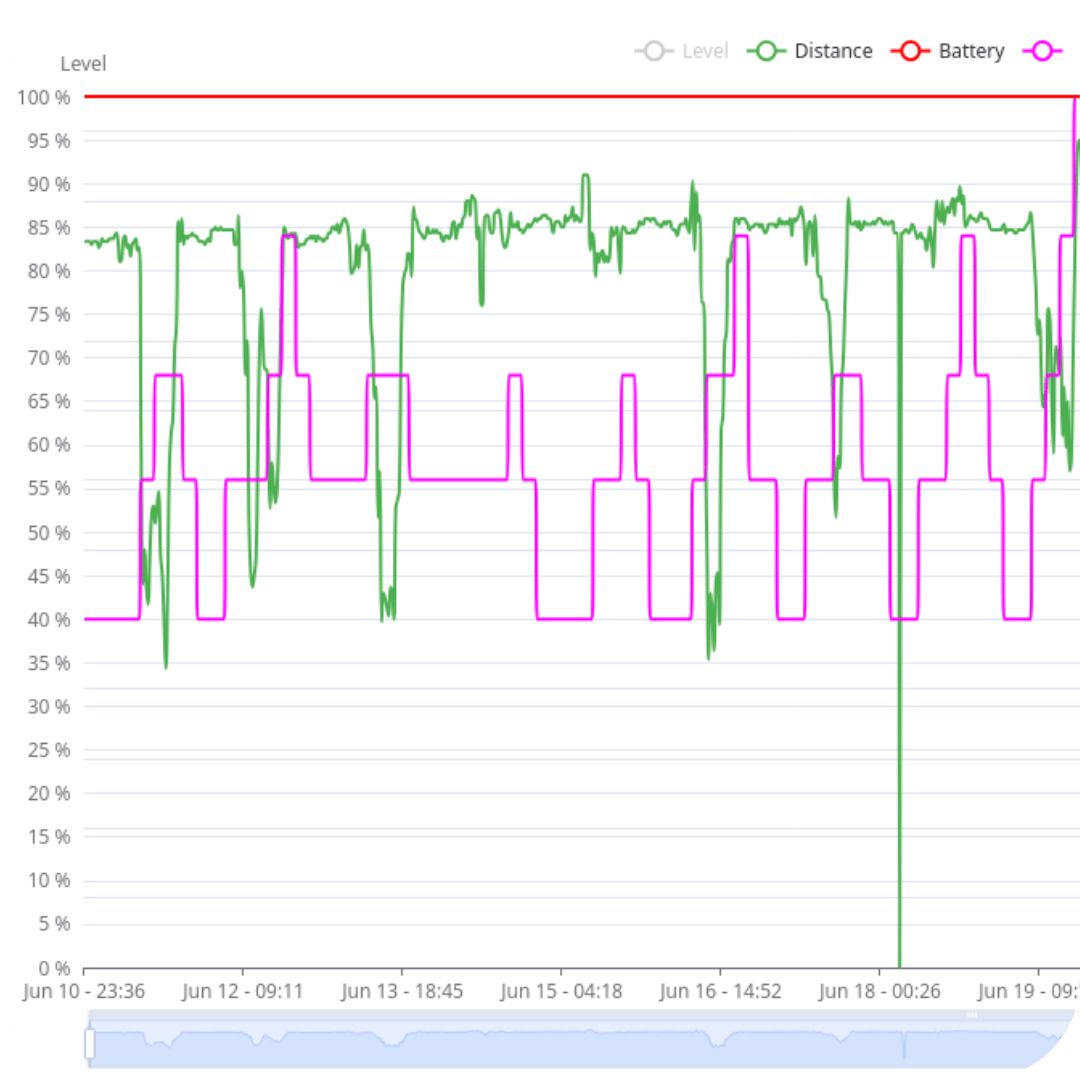
Long Term Planning: The data collected over time can inform long term strategies for water management, helping water companies address challenges such as climate change and urban development.
How Can Monitored Assets Help Water Companies?
Water companies face numerous challenges, including rising costs, regulatory pressures, and the need to improve infrastructure. Monitored rainwater management systems can help address these issues:
1. Cost Efficiency:
By providing data on system performance, monitored solutions can help identify areas for improvement, potentially reducing operational costs and the need for expensive infrastructure upgrades.
2. Regulatory Compliance:
Accurate data from monitored systems can help water companies demonstrate compliance with environmental regulations and improve their performance metrics.
3. Infrastructure Planning:
Long term data trends can inform strategic decisions about infrastructure investments, ensuring resources are allocated effectively.
4. Customer Satisfaction:
By reducing the risk of flooding and improving overall system performance, monitored solutions can contribute to higher customer satisfaction levels.
The Right Solution for the Right Place
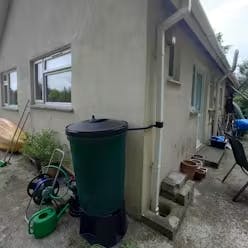
Whilst smart systems have their place in rainwater management, it's essential to remember that they aren't always necessary or cost effective. As a solution agnostic company, we believe in carefully assessing each situation to determine the most appropriate intervention.
Sometimes, a well-designed standard system might be the best fit, particularly in areas with predictable rainfall patterns or less complex urban environments. In other cases, a monitored system could provide the perfect balance of insight and cost effectiveness, offering valuable data without the added expense of automated controls.
Smart systems, with their ability to automatically adjust based on weather forecasts and real time data, can be incredibly effective in certain scenarios. However, they also come with higher upfront costs and increased complexity, which may not be justified in every situation.
Looking Forwards
In the world of rainwater management, it's tempting to assume that the most technologically advanced solution is always the best. However, our experience has shown that this isn't always the case. By carefully considering the specific needs of each project and the long-term goals of water companies, we can recommend the most appropriate solution, whether that's a standard, monitored, or smart system.
The key is to remain flexible and solution agnostic, focusing on delivering the right intervention for each unique challenge. By doing so, we can help water companies improve their rainwater management strategies in a way that's both effective and cost efficient, ultimately benefiting both the environment and the communities they serve.